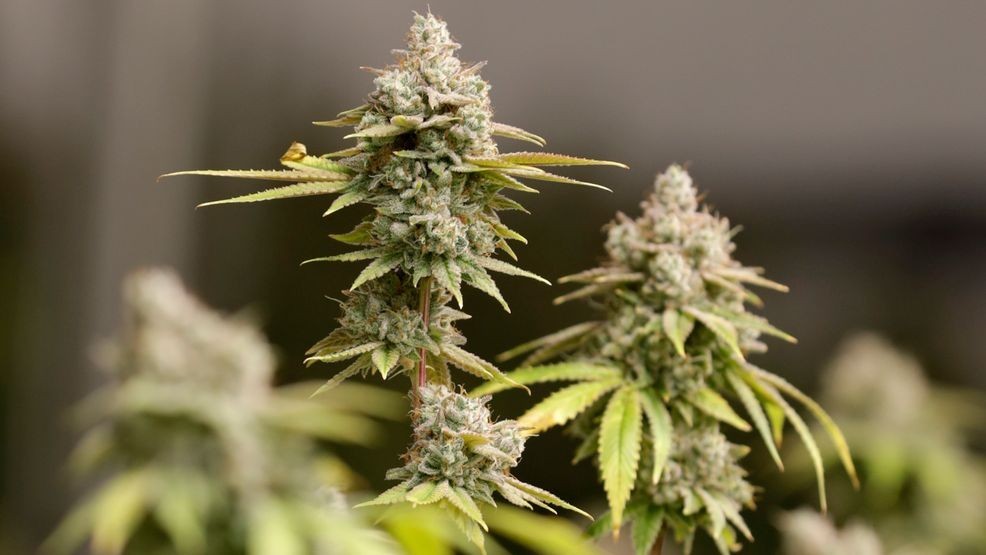
CINCINNATI — New research suggests that cannabis use may alter a person’s epigenetic code, which is responsible for activating and deactivating various genes. This revelation underscores the importance of understanding marijuana’s effects on the body, especially as it remains one of the most widely used substances worldwide.
The study, conducted by a team of researchers, highlighted that while some effects of cannabis are well-documented, the potential broader impact on the genetic level is significant. Notably, one marker identified in the study is similar to those found in tobacco use, suggesting a closer link between the two substances than previously thought.
Exploring the Epigenetic Code
Researchers initially set out to explore how cannabis use affects the epigenetic code. This could reveal potential health effects, both positive and negative, for individuals who consume the substance. The focus was primarily on genes related to aging, which are typically regulated by the body’s epigenetic code. By understanding these changes, scientists hope to gain insights into aging processes and the body’s “epigenetic age.”
“In our study, we observed associations between cumulative marijuana use and multiple epigenetic markers across time,” said Lifang Hou, the senior author of the study. “Interestingly, we consistently identified one marker that has previously been associated with tobacco use, suggesting a potential shared epigenetic regulation between tobacco and marijuana use.”
Hou further noted that the marijuana markers were also linked with cell proliferation, infection, and psychiatric disorders. However, she emphasized that additional studies are necessary to replicate and verify these findings.
Methodology and Findings
The study analyzed data from participants who reported their cannabis use over several years. Researchers examined blood samples taken five years apart, comparing them based on factors such as continuous and recent cannabis use. The findings revealed several markers associated with both types of use, providing a new understanding of how cannabis might influence genetic regulation.
Despite these insights, the researchers stressed the need for further studies to fully comprehend the connections and their extent within the epigenetic code. The complexity of genetic interactions means that a comprehensive understanding requires more extensive research.
“This research has provided novel insights into the association between marijuana use and epigenetic factors,” Dr. Drew Nannini commented. “Additional studies are needed to determine whether these associations are consistently observed in different populations. Moreover, studies examining the effect of marijuana on age-related health outcomes may provide further insight into the long-term effect of marijuana on health.”
Implications and Future Research
The implications of these findings are profound, particularly in the context of aging and health. If cannabis use does indeed alter the epigenetic code in ways similar to tobacco, this could have significant consequences for public health policies and individual health decisions.
The research opens the door to a deeper exploration of how lifestyle choices, such as cannabis consumption, can impact genetic expression and aging. As scientists continue to unravel the complexities of the epigenetic code, the potential for personalized medicine and targeted interventions becomes increasingly viable.
Meanwhile, the call for further research is clear. Understanding the full spectrum of cannabis’s impact on the genetic level will require collaboration across disciplines and populations. As this field of study evolves, it promises to shed light on the intricate dance between our genes and the substances we consume.
In conclusion, while the study offers new perspectives on the relationship between marijuana use and epigenetic factors, it also highlights the vast unknowns that remain. The journey to uncovering the full implications of these findings is just beginning, with much more to be explored in the realm of genetics and substance use.







